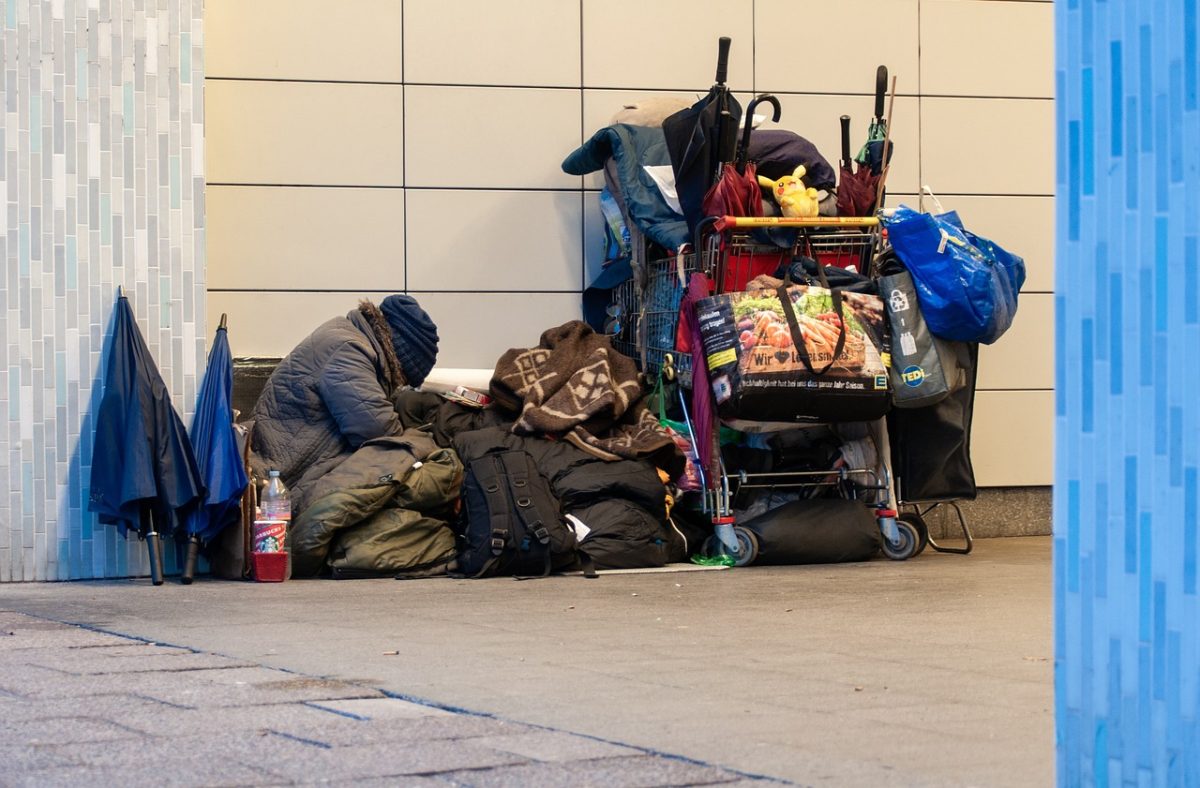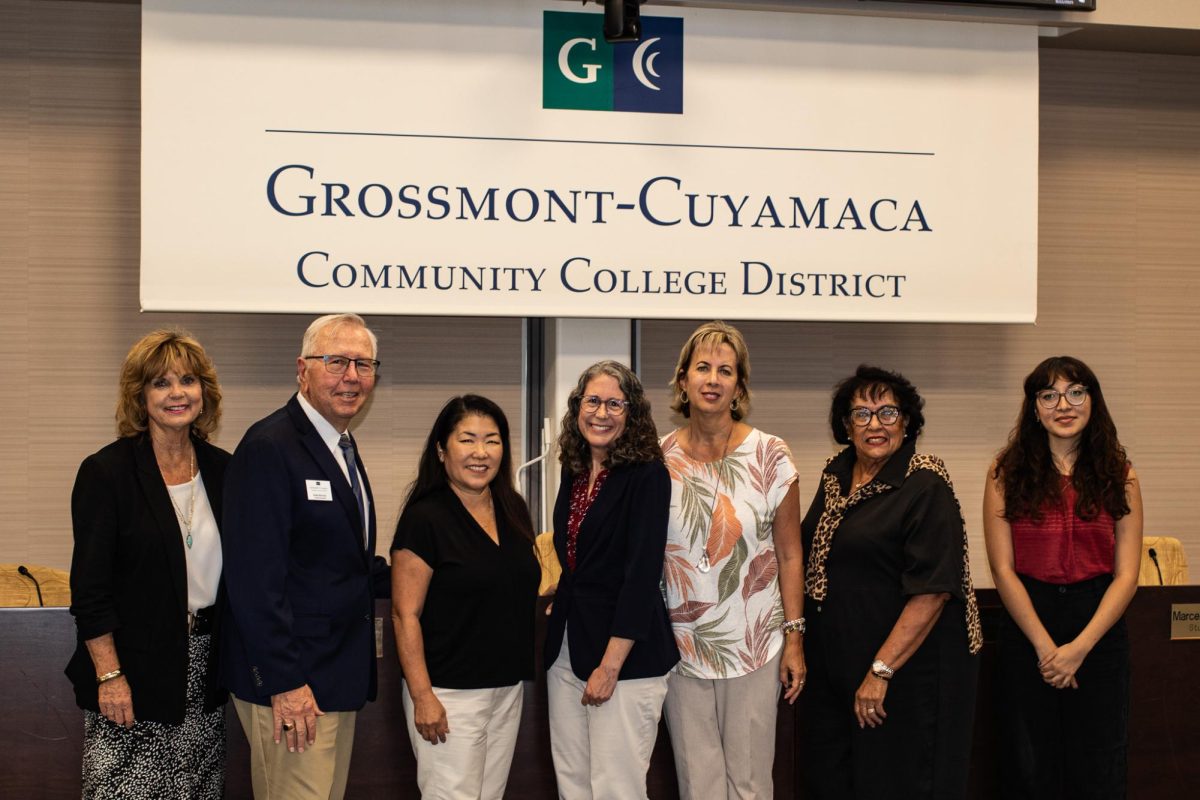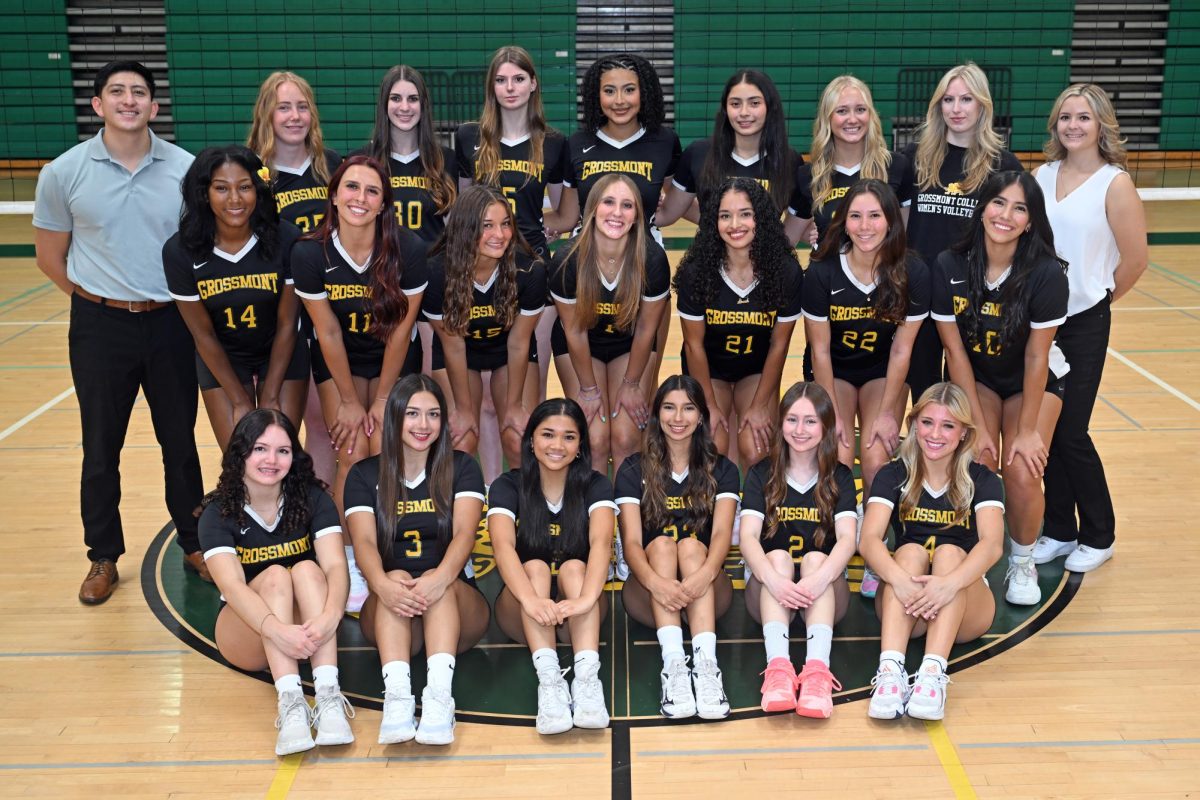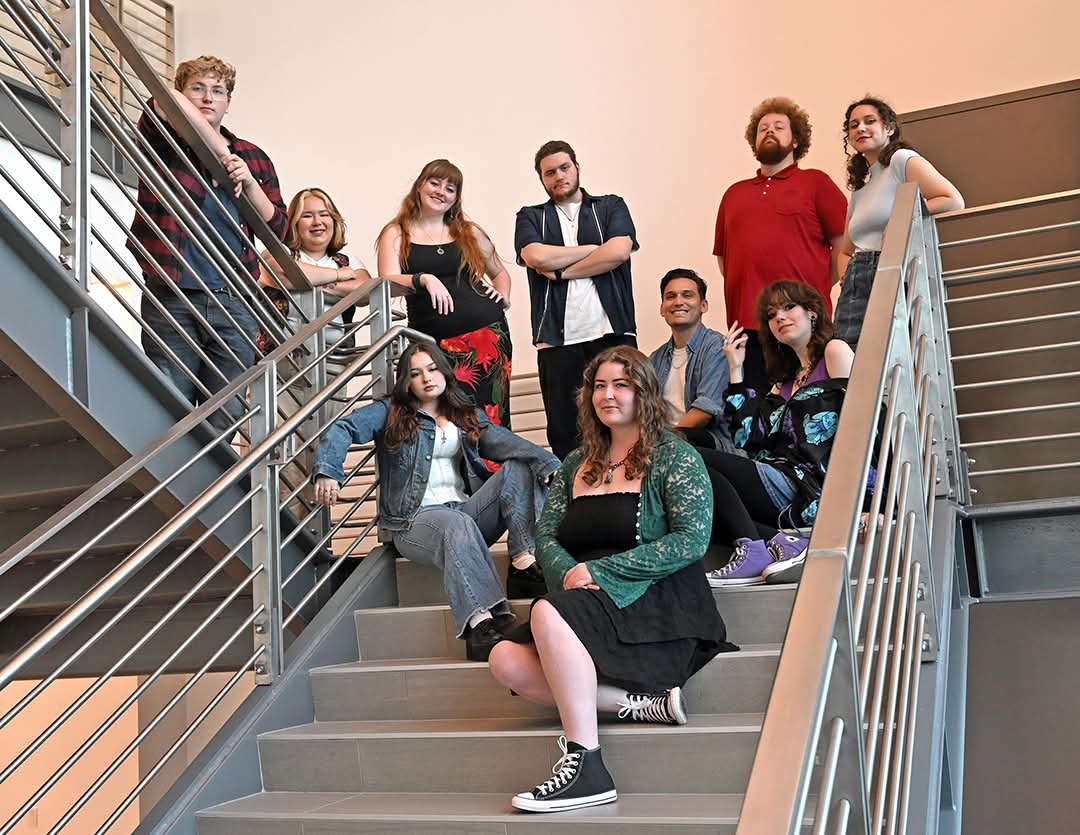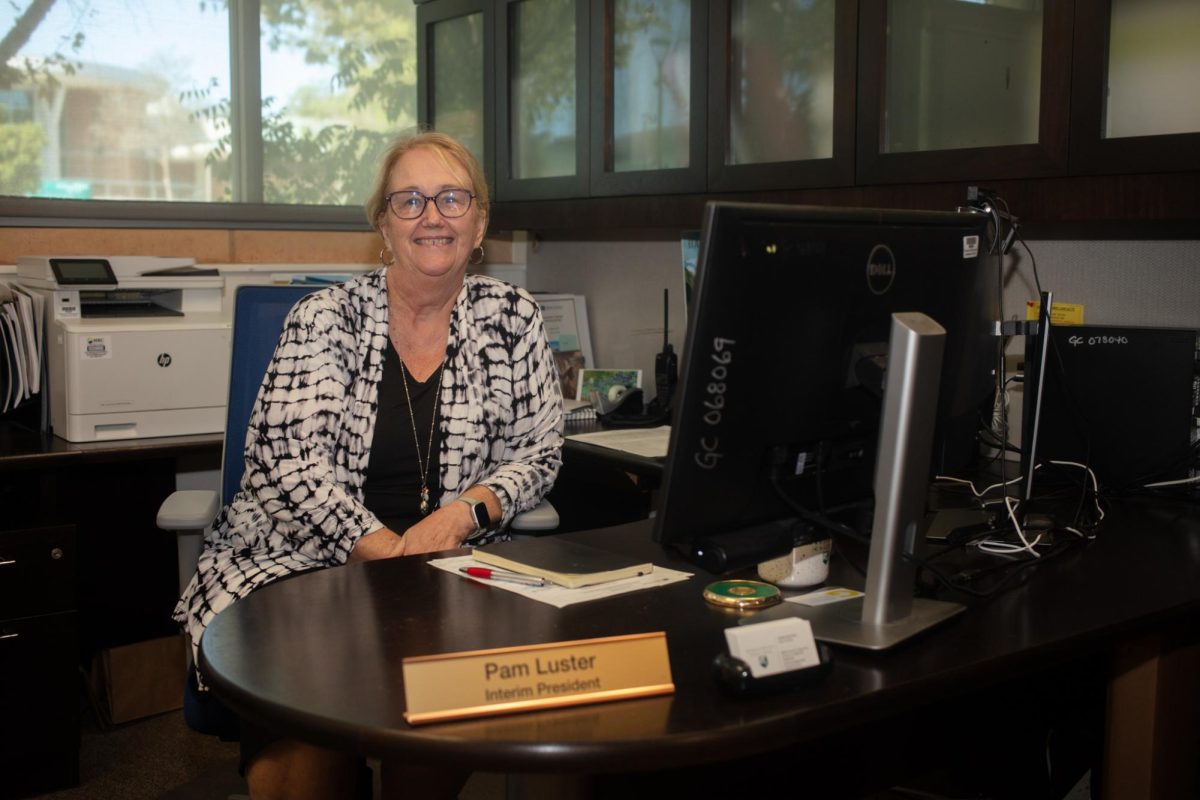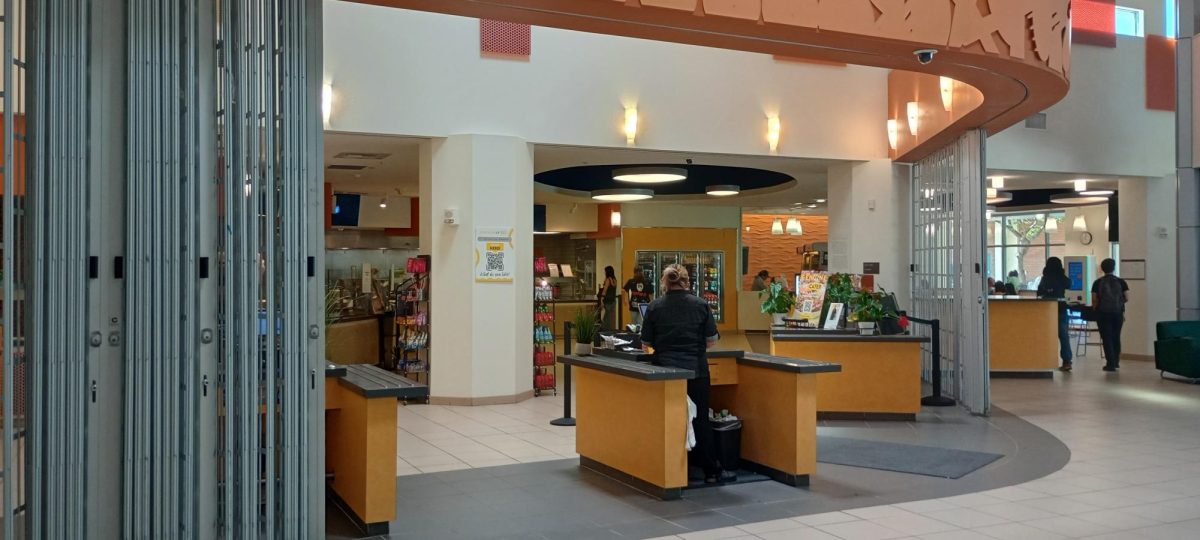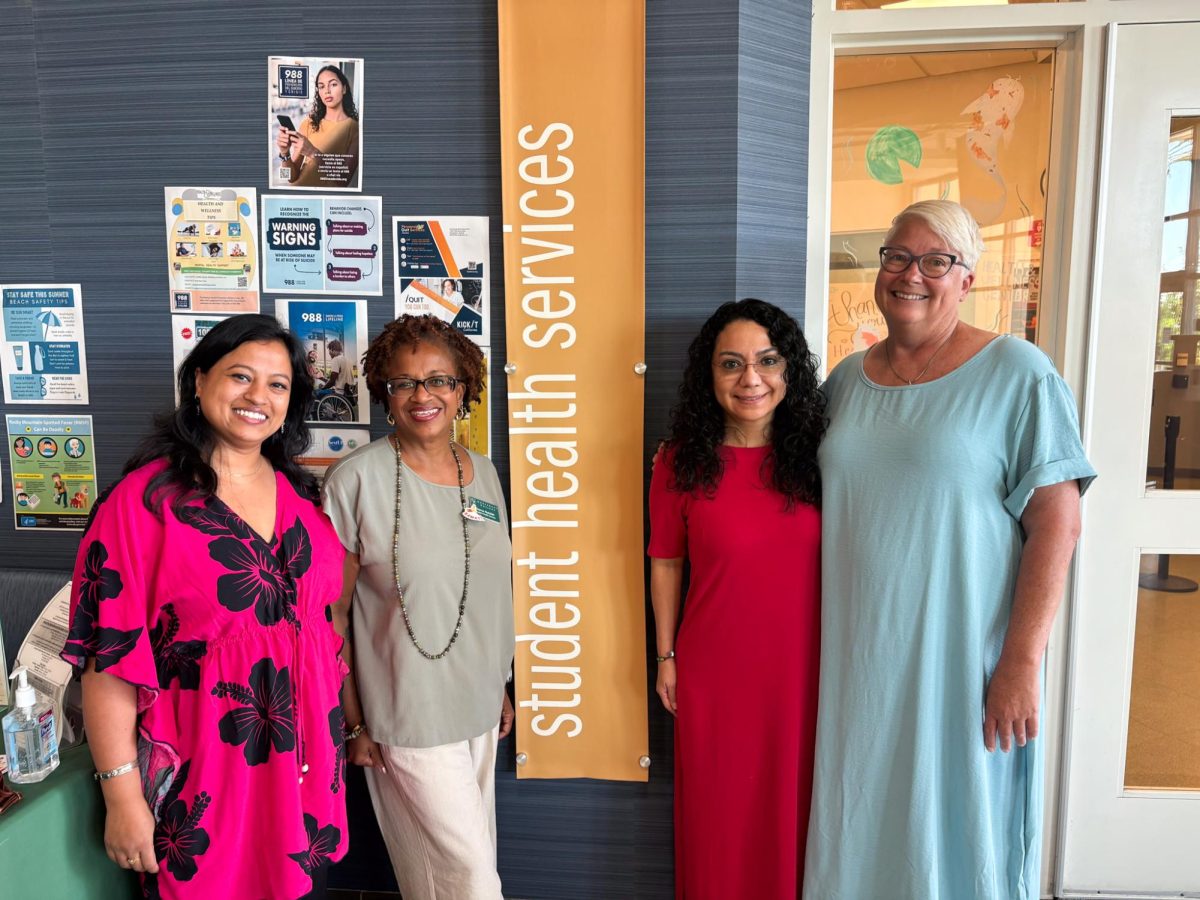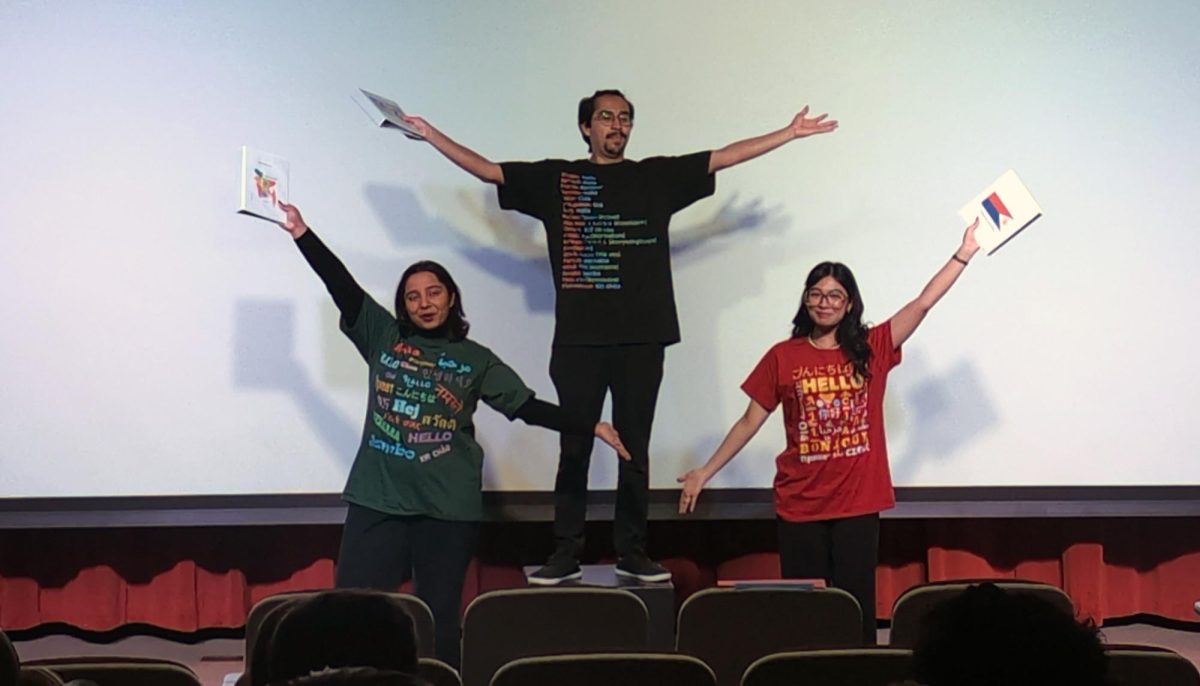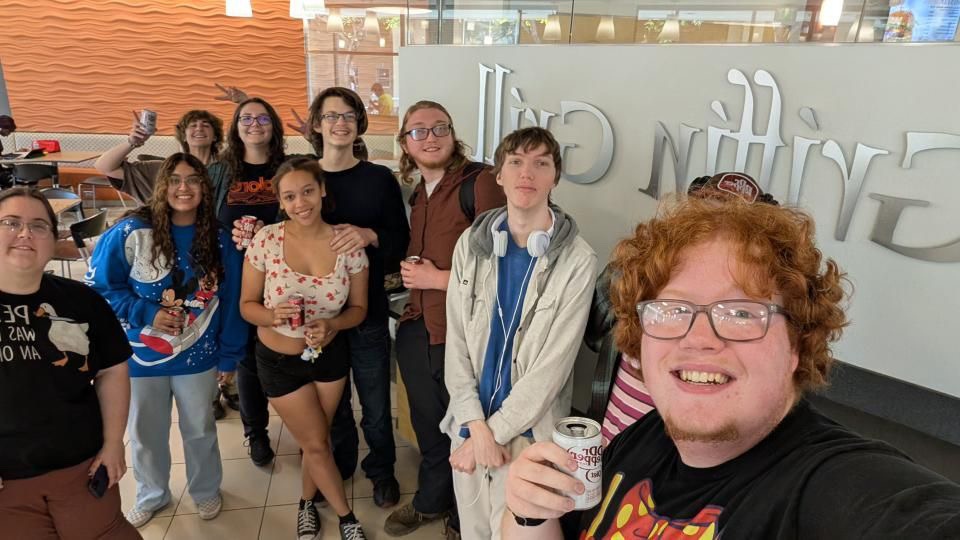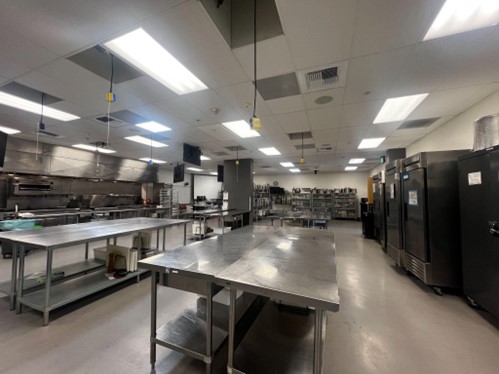Grossmont College students come from all walks of life. Unfortunately, some of those who attend the campus are either at risk of homelessness or know a few people who are on the verge of it.
Currently in the state of California, there are 171,500 people who are out on the streets begging for food and shelter. Resources need to be more accessible to the homeless community. Finding support is hard to come by when the people in need on the streets are not told where aid is available.
It can be extremely hard for students to complete homework assignments and meet deadlines when faced with homelessness. According to John Burton Advocates for Youth (JBAY), nearly 20 percent of community college students in California experience homelessness, with rates for Black students double those of White students.
It can just be stressful and painful to go through life, seeing that all people have needs that need to be met. Students in need are just as deserving of physical, mental and emotional support as every individual student on campus who wants to achieve academic success during the school year.
Students can become homeless for a variety of reasons, including poverty, job loss, a medical emergency or domestic violence. Homelessness can also be caused by mental health issues, substance abuse or lack of affordable housing. Many students may not have the resources or family support to help them get back on their feet.
College students face unique challenges related to homelessness, such as finding a safe place to stay, having access to food and finding appropriate clothing. Additionally, students may struggle to access the mental health support they need to cope with the stress and trauma of homelessness. Without proper support, students may find it difficult to succeed in their studies.
The biggest concern is finding shelter. There are hundreds of students across California, including students at Grossmont, who are at risk of being homeless, with no one to call and or help them find a better route.
Students on campus who are at risk may be unsure about who to call and or where to go for a solution. No matter your age or cultural background, you are not alone.
For those ages 18-24, there are many Transitional Age Youth Programs (TAY) that can help you find housing. Here is a list of places to contact that can be very helpful regarding your current situation.
- Urban Street Angels
- The Center (LGBTQ youth)
- San Diego Youth Services
- YMCA of San Diego County
- Home Start (includes maternity housing program)
- Doors of Change
- Path
- T.A.Y. – Transitional Aged Youth Programs
- Urban Street Angels – Young Homeless Outreach
- Housing Services | The San Diego LGBT Community Center (thecentersd.org) For more information, contact: [email protected] or 619.692.2077.
- Homeless Housing and Support | San Diego Youth Services (sdyouthservices.org)
- Transitional Housing | YMCA of San Diego County (ymcasd.org)
- Housing Programs – Home Start (home-start.org)
- Doors of Change – Solving Youth Homelessness
- Greater San Diego | epath.org
If you know anyone, student or not, facing housing insecurity, please seek help and take the necessary actions and steps toward finding safety and shelter.


